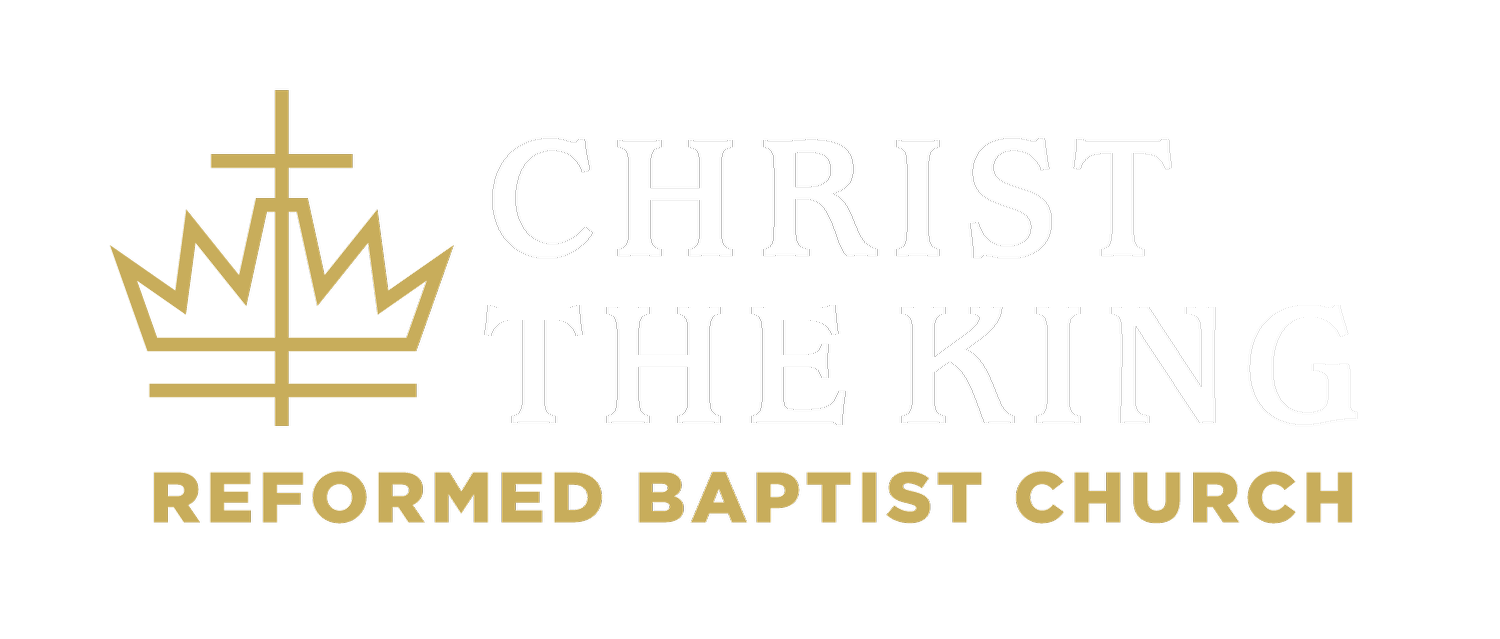New Year, New You
A picture I took walking out of the Garden of Gethsemane.
One thing that amuses me to watch with each new year is the divide that always opens up between people who make new years resolutions and people who think making resolutions is pointless. Instead of taking a side, I just want to explain the singular point the divide is getting at.
Setting aside one time each year to be resolute about something goes against the grain of having or cultivating a resolute character. If you only make resolutions once a year, that means it’s not something you do regularly. It’s not a habit. So instead of making a “resolution” once a year or never making them at all, journey to become a resolute person. By God’s grace, walking in step with His Holy Spirit, strive to become the kind of person who not only makes smart and realistic goals for improvement, but has unwavering commitment to everything you set out to do. If this means starting up something new or you want to be more consistent with doing something you used to have down pretty well, setting small goals and steps will help you find a rhythm for doing them.
Start Small
The best encouragement I could give you is to move towards those things in small steps. This is fitting for those of us who are called to “look carefully how we walk” (Eph. 5:15).
One of the difficulties with starting new habits is that they are foreign to our normal ways of doing things. Since they are foreign to us, it may mess up our routine and make us feel uncomfortable. The larger the expectation we heap up on ourselves, the more daunting the task of meeting that expectation will feel.
Don’t Have Too Grand Expectations
We need to be realistic about our expectations. For example, if what I want to do is “read the Bible in a year,” that is neither a simple nor small goal. It’s about as general and unspecific as wanting to “learn how to play an instrument” or “writing letters to 100 friends.” All of these are not actions to be done. They are dreams that involve painstaking dedication and performing thousands of consistent actions. It’s okay to dream big, but we can’t just be dreamers. We have to be doers. And tasks are much more difficult for us to do when their end goals are too big. When the end goal we set for ourselves is too large, the steps we need to take to achieve that goal will feel too large as well. As I mentioned earlier, the smaller the action you want to do is, the easier it will be to accomplish. After forming that larger dream goal, put small steps in place to achieve it. One popular resolution people have is to read the Bible in a year. Because of this, there are many read the Bible in a year plans to find online. If that is your goal, find one that is simple. Decide on a time each day for you to read and read.
But maybe this goal is too large. Some of us may only read a few books of the Bible a year or maybe we are slow readers or reading does not come naturally to us. If this is the case for you, trying to get through the whole thing in one year is likely too lofty a goal. Maybe the goal should be to make it through a book of the Bible in a few months. Set a date two months out from now and schedule your time to make it through the book you want to get through. Setting a realistic amount of time for completing the goal you set will help you achieve it. If you can only run five to six miles before tiring from exhaustion, then setting a goal to run the Chicago marathon next year is surely over-ambitious. Transformation and improvement in the Christian life involves this same kind of proportional goal-setting.
There is Grace for Our Failings
We have great hope as we strive to grow in holiness that the God who knows us better than we know ourselves not only loves us but helps us. The God who calls us to follow him came and lived a human life. He walked in our midst with us and for us. He walked from the garden of Gethsemane all the way to the cross. He promises to still walk with us by the power of His indwelling Spirit. But we need to walk in step with Him… in all of our resolution-making and desires to change. The only way to do that is by keeping a realistic perspective regarding our personal growth.

